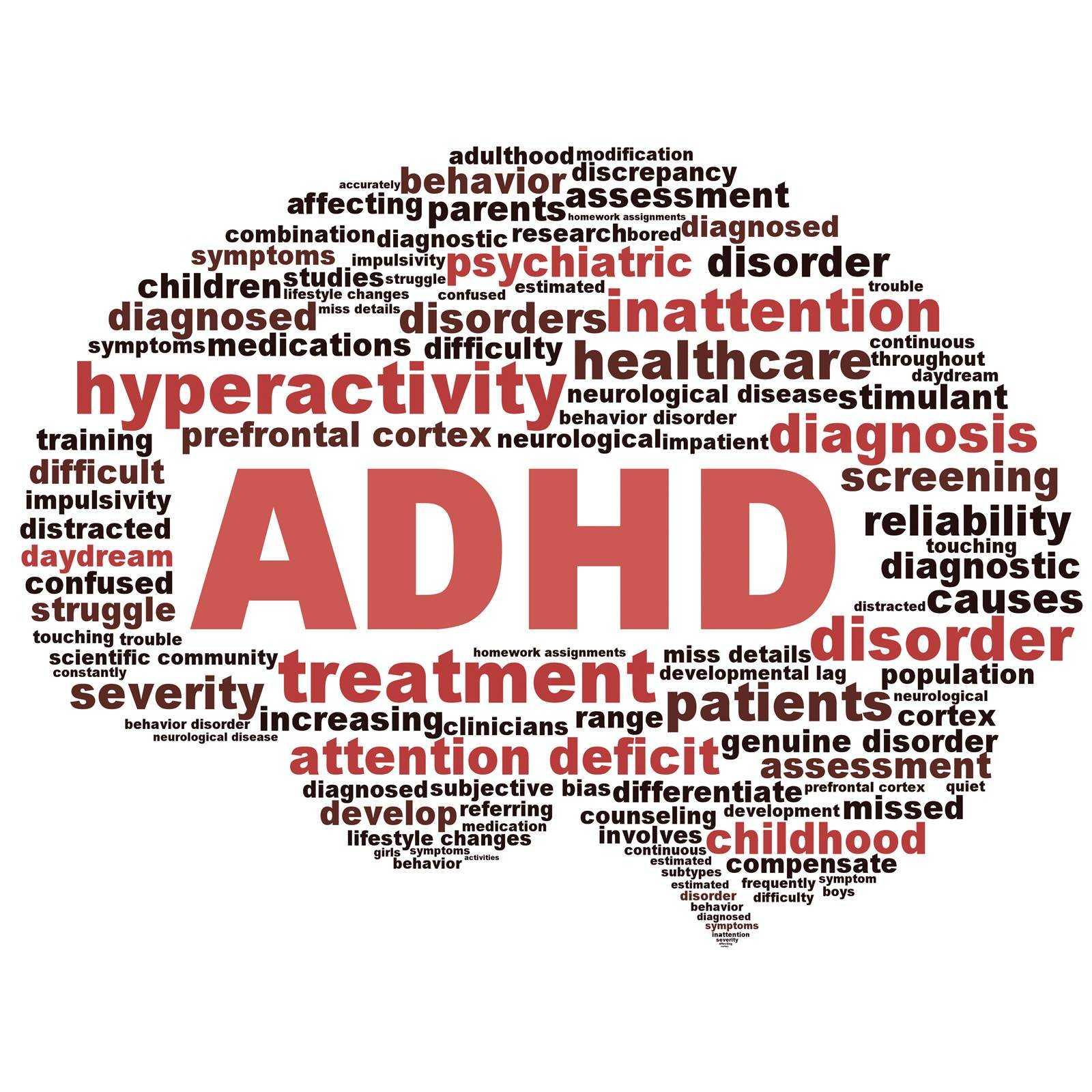| « What's New? Dengue Fever -- That's What's New! | Environmentalism and The Joy of Shortsightedness » |
ADD/ADHD, AADHD, And The Useful Idiots
I have questioned this for a long time, since childhood really. If someone is diagnosed with a disorder, one that causes them to have some inability to concentrate, requiring medication, when do they get over it? Seriously, I don't think this question is asked enough. I asked the question when I was a child.
Another thing I noticed as a kid, was that these same children, who were supposedly unable to concentrate -- could play video games without flinching for hours on end. Sometimes stopping for a bathroom break, or to get some food. If they truly had a disability, how were they able to concentrate so well on their video games?
To me, it seemed more that these children didn’t have a disability, they were simply not interested in school. At a young age, I can see how many children aren’t interested in school. Especially if they are covering things that they already know.
I grew up with people who were diagnosed with ADHD, and were on medication. It turned them into zombies. They used to be kids, like me, who would raise their hand and ask questions. They were actually engaged and interested in learning. After the meds, no more. They were no longer engaged and often were zoned out. They did well on tests, and passed without issue, but they could have done that anyway.
This is exactly what I saw. The children who had “attention deficit disorders,” were already done with their work. They had parents who worked with them from a young age, and were ahead of the other students. It was not that they had a disorder, they just didn’t want to keep going over concepts that they had already mastered.
When I was in elementary school, they did testing for “gifted” students. They performed a series of tests for IQ, functional ability, problem solving, the whole gamut. I was excepted into the program, because I passed all the tests. What happened next is what amazed me.
We didn’t do regular school work. On the second day I was in the program, we went to the science museum for the entire day. We went through all of the exhibits, watched the science demonstrations performed by museum workers, looked at the dinosaur bones -- but most importantly we discussed things. I remember it as an amazing experience.
Regular school wasn’t structured that way. Kids were to be lectured to, and then do written work. That was it. There was very little discussion, and very little in-depth analysis. In-depth analysis is part of what makes learning worth while, otherwise you’re literally just regurgitating stuff. Especially when it comes to math. Without legitimate real-world examples, most math work seems completely useless to children.
When does it end?
So, back to my initial question, when do people grow out of the need for medication? When do they stop having this inability to concentrate? After all, they don't have medications for adults who have attention deficit disorders right?
Well, they do now, but when I was young you didn't hear about this. I wondered, what happens to people who grow up, and are no longer on their parent's insurance? Do they just stop taking the medication? How will they know when they are able to stop taking it? There seems to be no answer to that question. Then in comes AADHD.
ADHD/AADHD has seemed, to me, like a fraud from the beginning. It's a nonclinical diagnosis, requiring treatment with expensive drugs that are proven to be harmful to human development. Of course, that’s never happened before right?
This is no different than any other nonclinical condition. There are many nonclinical conditions that are described in such a way that they seem clinical. The result is that people come to accept these “conditions” as truth, and start treatment for their children, never really knowing that it’s counter productive to their education, much less their development as an adult.
There is information to this effect, but it's harder to find than I imagined.
This paper examines the emergence of Attention Deficit Hyperactivity Disorder (ADHD) in adults. ADHD, commonly known as Hyperactivity, became established in the 1970s as a diagnosis for children; it expanded first to include “adult hyperactives” and, in the 1990s, “ADHD Adults.” This allowed for the inclusion of an entire population of people and their problems that were excluded by the original conception of hyperactive children. We show how lay, professional, and media claims help establish the expanded diagnostic category. We identify particular aspects of the social context that contributed to the rise of adult ADHD and outline some of the social implications of ADHD in adults, especially the medicalization of underperformance and the availability of new disability rights. Adult ADHD serves as an exemplar of several cases of diagnostic expansion, an important avenue of increasing medicalization.
This is how societal issues come about
The truth is that people have to learn to deal with their emotions. Keeping someone drugged from a young age is a prescription for disaster. Similarly, keeping them drugged up until adolescence, then hanging them out to dry is also a recipe for disaster.
I wonder how many of those peaceful Antifa protesters were drugged as children? I also wonder why it seems that so many people are overtly emotional -- especially on issues that minimally effect them?
There have always been the kind of people who will get into a fist fight over a football game. Arguing about the record of some player or another, or which player is better. Someone badmouths a player, and fists are thrown.
I’ve never understood this kind of mentality. It’s not like the athlete who’s being badmouthed is a relative. There is zero stake in defending someone you’ve never met. There’s a name for this type of relational behavior, it’s called a Parasocial Relationship, or in action, Parasocial Interaction (PSI). The people following the celebrity, or athlete act as if they have an actual working (real-life) relationship with the other person. This sort of behavior is nothing new, but we are seeing a lot more of it now than in the past. Partially because of social media, and the ability of people to “follow” someone, and build a virtual (fake) bond with them.
Social media has definitely allowed this to become more numerous, but I wonder if there is something else that helps this along? Is there some other reason that so many people are falling into this strange fake relationship situation?
Belongingness and Acceptance
Psychology Today has some good articles about ADHD and Adult ADHD.
The desire for a sense of belongingness and some measure of acceptance is a basic human need, one of our factory settings. The demands and selection pressures of group living in early human history is the probable driving force in the development of the human capacity for self-regulation (also deemed executive functions). This capacity promoted the ability to “work and play well with others” and to seek and maintain healthy connectedness, which requires intact emotional regulation among other executive function skills.2
Is it possible that a number of people who were drugged, and never learned to deal with emotional stress have learned behaviors, or coping mechanisms, that are conducive to their regular life -- while simultaneously increasing the possibility that they will become useful idiots?
There’s no way to be sure, but I consider the possibility to be quite probable. In order to get to the bottom of this, I’ll have to do more research into the types of people who are more or less susceptible to brainwashing.
Don't misunderstand. I don't think that people who have not learned to deal with there emotions are fools, but they might be easier to fool as a result of never dealing with underlying issues. I've never known anyone who was told that they had mental issues at a young age -- who didn't form some kind of mental issue later in life. Usually depression.
I’m no psychologist, but I did sleep at a Holiday Inn Express once.
Perhaps I will expand on this topic.
Note: You DO NOT need to register to leave a comment. Email addresses are NOT used. Just make one up "someone@somehost.com"
The QR code below links to WindUpRubberFinger.com for easy sharing.

